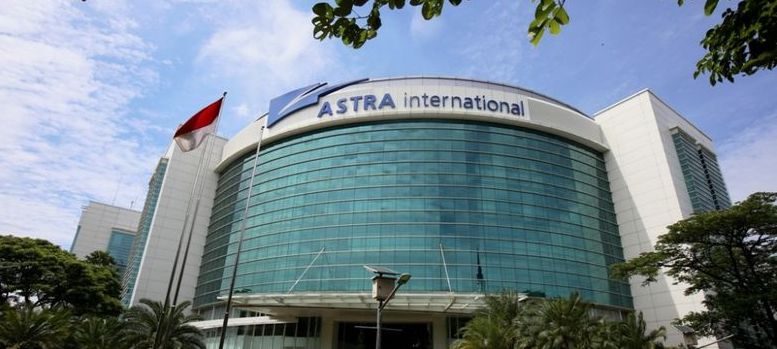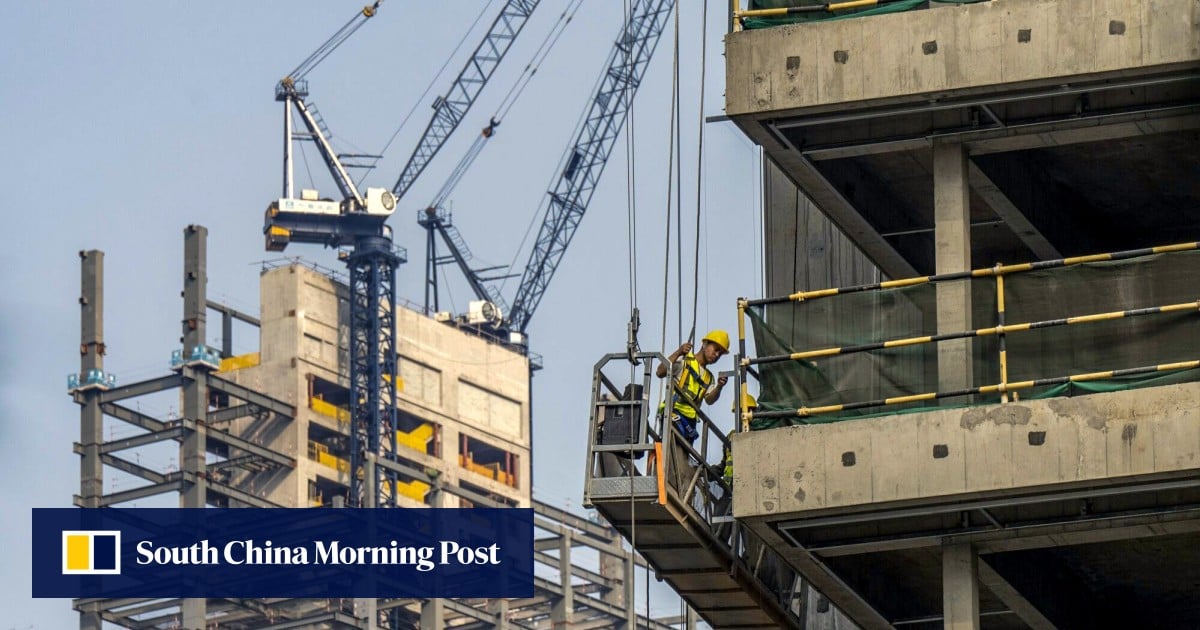TAIPEI — Taiwan Semiconductor Manufacturing Co. has started building a $12 billion chipmaking plant in Arizona, the company said on Wednesday, bolstering Washington’s aim of strengthening the American chipmaking industry.
The factory will be TSMC’s first in the U.S. in two decades and is set to begin production by 2024. The Taiwanese company is the world’s biggest contract chipmaker and an important supplier to Apple and Google.
“The Arizona plant is currently under construction,” TSMC chief executive C.C. Wei said at an online technology symposium. He said the facility, dubbed Fab 21, will eventually build advanced 5-nanometer chips, similar to those used in the latest iPhone 12 processors.
An unprecedented global chip shortage caused by COVID-19 and geopolitical tensions has spurred the U.S. and other major economies to build up their domestic chipmaking capabilities. Many Asian chipmakers, including TSMC and Samsung Electronics, are under pressure to help ease the chip crunch.
TSMC has started recruitment for the Arizona factory. In late May, it hired 250 people, according to the Arizona Commerce Authority. They will travel to Taiwan for a year of training while TSMC will also send a task force of employees to the U.S. to help get the plant running.
The Taiwanese chipmaker announced plans for the U.S. fab in May last year after Washington had pushed for an advanced facility in America since 2019, in part to address security concerns. TSMC makes chips for F-35 fighter jets.
American rival Intel is also investing in Arizona. The world’s biggest microprocessor maker said in March that it will spend $20 billion on two plants to make chips for outside clients, putting it in direct competition with TSMC.
The U.S. plans a $52 billion program for semiconductor investment that could result in up to 10 chip factories. President Joe Biden has said the U.S. must quickly ramp up investment to regain its leadership in semiconductor manufacturing. “China and the rest of the world is not waiting, and there’s no reason why Americans should wait,” he said.
China is likewise ramping up spending on its semiconductor industry, which it sees as crucial to national security. The government is putting 342 billion yuan ($53.59 billion) into the China Integrated Circuit Industry Investment Fund or “Big Fund”, the country’s major funding vehicle for the chip industry.
South Korean companies, meanwhile, plan to invest $450 billion through 2030 to bolster their chip industry.





